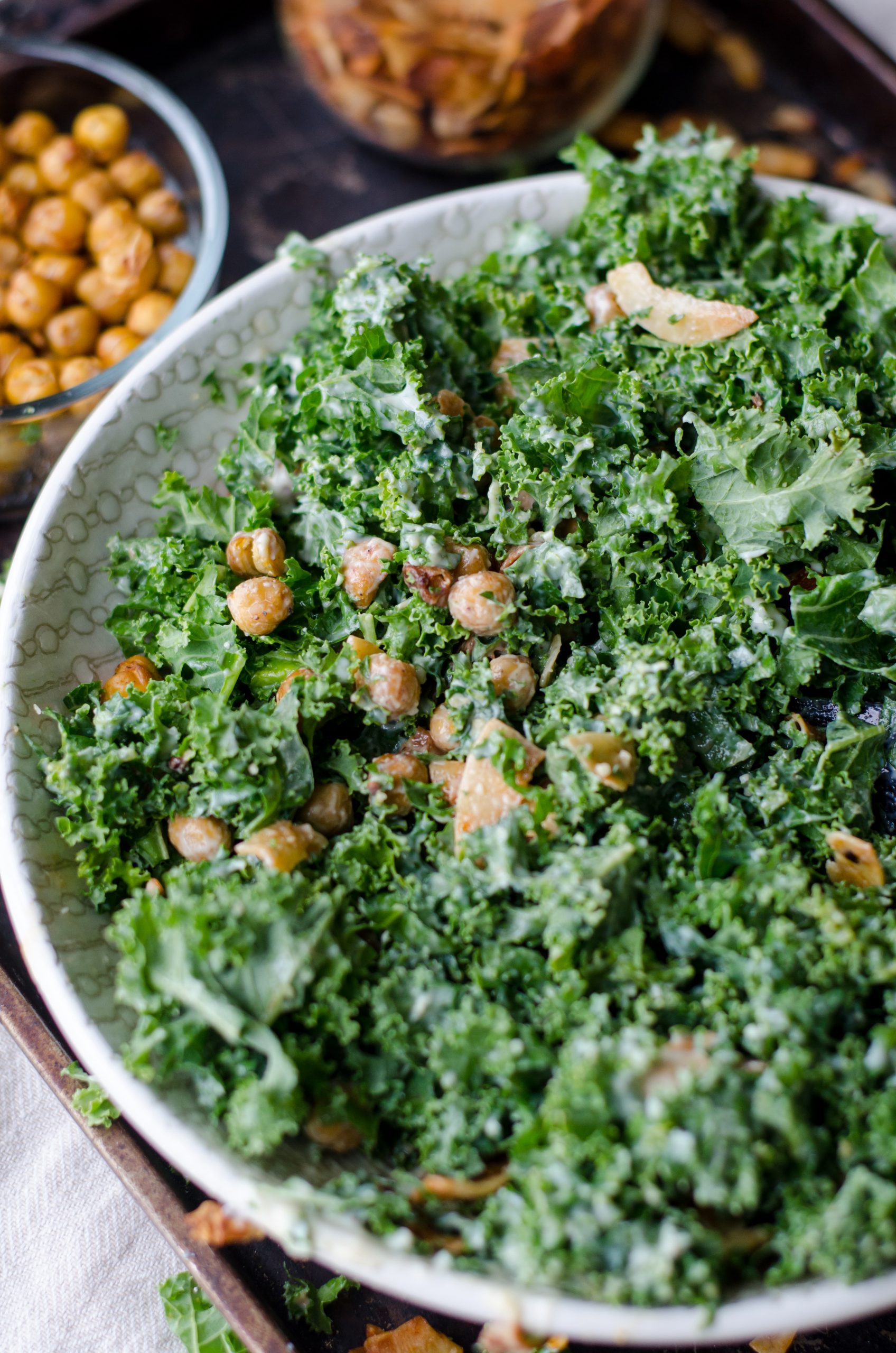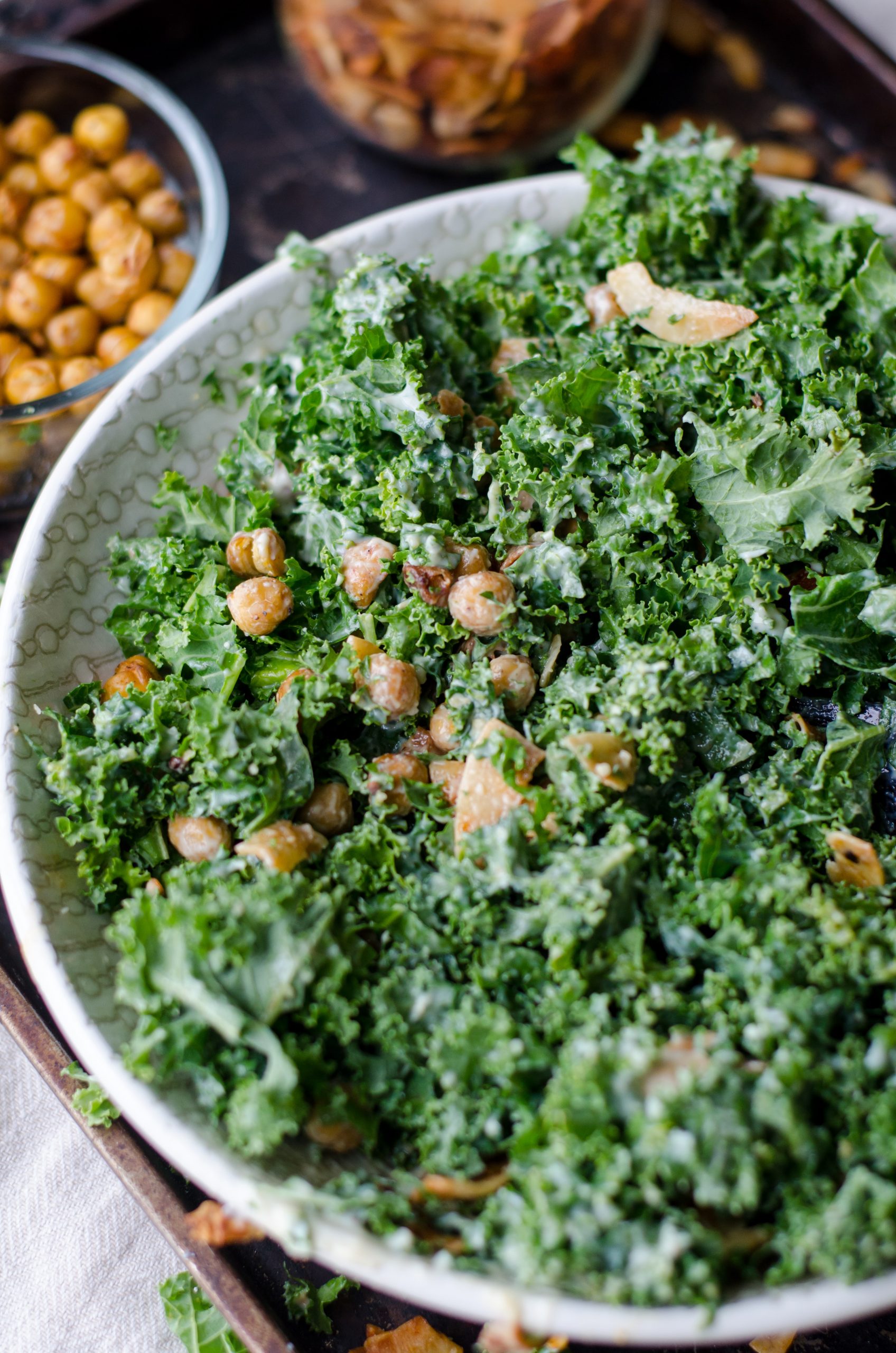Boosting our own immunity is possible through different means, such as fasting, vitamins, minerals and our attitudes and emotions; and all this is down to being an integrated whole: body, mind and emotions. Welcome to the second part of the post Common Sense Immunity (I).

- FASTING: Before going on long fasts, it is better to get accustomed to it by fasting for shorter periods of time or going on short-term cleansing periods.
- Benefits:
- Liver: removal of toxins from the liver. This is important as this organ is responsible for purifying our blood and improving our general health.
- Intestines: fasting promotes the excretion of toxins, as well as the self-repair and resting of these organs.
- Pancreas: prevention and rest. There is a decrease in glucose peaks.
- Stomach: recovery from inflammation.
- Nervous system: it reverses anxiety or nervousness.
- Mind: improved cognitive ability, more lucid mind.
- Improved immunity: increased energy.
- Kidneys: by improving the spleen-pancreas (digestive), the kidneys recover from imbalance caused by poor digestion.
- Circulatory system: the blood is thinned and the heart works more efficiently. The heart-kidney tandem work in harmony.
- Benefits:
- KEEP ACID/ALKALINE BALANCE: Viruses and bacteria thrive in acidic environments. What can be done to maintain an alkaline pH?
- Include more vegetables (raw or slightly cooked) in your daily diet (40% approx.).
- Have mineral-rich vegetable broths (miso soup, sweet vegetable broth, etc). Always use whole sea salt.
- GET CLOSE TO NATURE: If you go to the forest for an hour each day, your cells’ response will improve by 50%.
- BE OPTIMISTIC: It is essential to try to be as optimistic and cheerful as possible. The worst would be to dwell on our fear.
- WHICH VITAMINS AND MINERALS ARE IMPORTANT TO BOOST IMMUNITY?
- VITAMIN A: It protects and strengthens our mucous membranes, preventing the attack from pathogens as it keeps these membranes moist and coated with protective mucus. Where can it be found? In liver, vegetables (carrot, spinach, watercress, lamb’s lettuce, red peppers, pumpkin), sweet potatoes, fruit (mango [1], melon, persimmon, medlar, papaya, apricot), mature cheese, egg, nori seaweed (2845 mcg. x 100g).
- VITAMIN E: Antioxidant that protects us against infections. Vitamin E deficiency is very rare. In which foodstuffs is it found? In vegetable oils (Extra Virgin Olive Oil and especially wheat germ oil), avocado, nuts (almonds and hazelnuts), seeds (sunflower), green leaves.
- VITAMIN D: It truly functions as a hormone which is responsible for increasing the absorption of calcium and phosphorus in the intestine. Not only does it increase the reabsorption of calcium in the kidney but also regulates the fixation of calcium and phosphorus to the bone.
- The best way to ensure a good supply of vitamin D is to sunbathe and be in contact with nature.
- Vitamin D is not abundant in plants.
- It modulates immunity (it modulates the reaction of the immune system so as to prevent it from “over-reacting” or displaying a deficient response).
- It has anti-inflammatory and anti-cancer properties.
- Vitamin D from food (ergocalciferol or cholecalciferol) or from endogenous synthesis must be metabolized to be transformed into its active form. To do this, both liver and kidney must function properly and not be overloaded.
- The best food sources of vitamin D are those of animal origin: blue fish, eggs, butter and some types of mushrooms. Recommended vitamin D supplements usually combine Vitamin D with K2 (the latter helps fix calcium to the bones).
- VITAMIN C: It is very important for immunity:
- It prevents infections as it aids in the formation of antibodies.
- It has a decongestant effect (similar to antihistamines) and stimulates the synthesis of interferon.
- It strengthens pulmonary function.
- It is essential for the fixation of iron, which is a vital nutrient for our immune system.
- Its deficiency leads to scurvy. In the case of smokers, those who drink alcohol, are on contraceptive pills or suffer from infectious diseases and are undergoing stressful situations, larger quantities are needed.
- Food sources: vegetables (parsley, cabbage, watercress, broccoli, kale, bell peppers) and fruits (acerola, black currant, kiwi, papaya, strawberries, citrus).
- Please note that it is the most unstable of all vitamins against light, temperature and oxygen. After cooking at 100ºC for 20 minutes, approximately 50% of the vitamin C is lost. Nevertheless, most of this loss is due to its dissolution in the cooking water, hence the importance of drinking soups.
- FOLIC ACID (Vit. B9) and VITAMIN B12. They are not directly related to immunity, but their deficiency causes anaemia and weakness.
- Food sources: Folic acid is abundantly found in green leaves (broccoli, cabbage, asparagus, arugula, lamb’s lettuce, parsley, etc.), nuts (almonds, pine nuts), shiitake mushrooms. As for B12, clams are one of the richest foods in B12. Use supplements if you are vegan.
- IRON AND ZINC:
- Iron: both its excess and its deficiency impair the response of our immunity. While it is most commonly found in food of animal origin (meat, fish, clams, mussels), soy products such as tofu or tempeh are good sources, as well as other beans and pulses (lentils).
- Zinc: A deficiency in zinc not only causes an immunity problem but also many others, since zinc is needed to produce DNA (the basis of life, in short). Slight zinc deficiency leads to inactivity in lymphocytes (they do not decrease in quantity, but they do decrease in activity) and deficiency in NK cells (natural killers). Functions:
- Cofactor in the metabolisation of energy-rich nutrients, and in the synthesis and degradation of DNA/RNA; it boosts our immune system; it helps the transport of vitamin A, and with tissue healing. It is essential for growth and sexual reproduction, and is involved in taste and smell.
- Food sources: oysters, wheat germ, pumpkin seeds, sesame seeds. In general it is found in all seeds, as well as seafood and meats.
TO SUMMARISE…
- Avoid white sugar
- Avoid processed foods
- Avoid honey, alcohol and cut down on fruit
- Eliminate or cut down on dairy
- Eat more vegetables
- Have a nutritious breakfast
- Include good quality fats
- Eat less but chew more
- Fast
- Keep acid/alkaline balance
- Get closer to nature!
- Be optimistic
And one last tip: turn the TV off. Fear is the most powerful immunity depressant. Really, “stress” hormones (cortisol, adrenaline, etc), are truly “weapons of mass destruction.”
See you next time!
[1] Take into account the energy quality of food (yin / yang).







